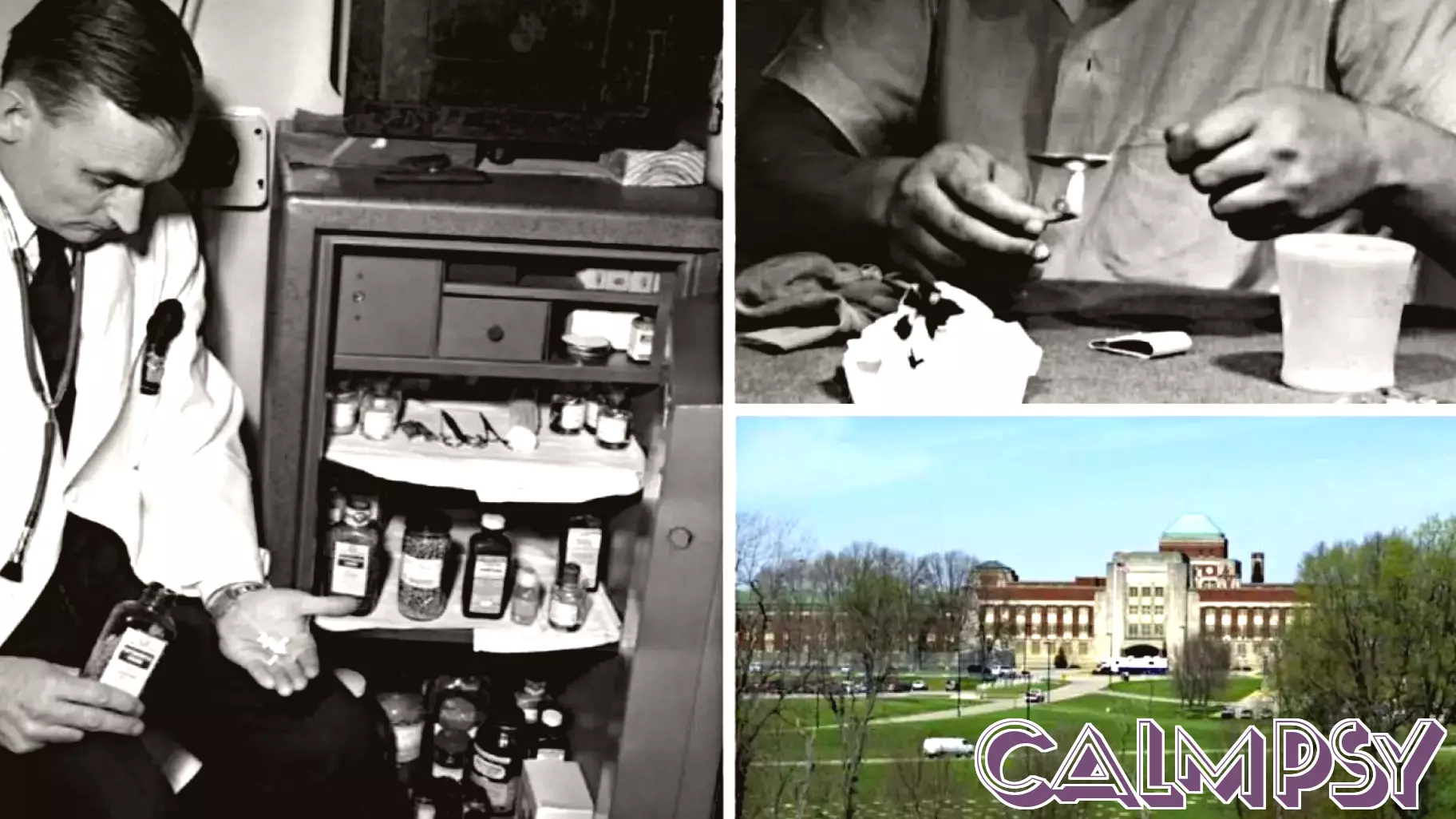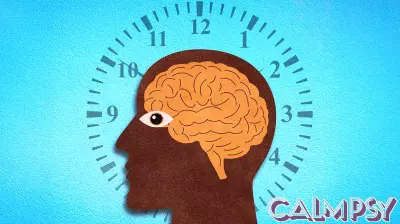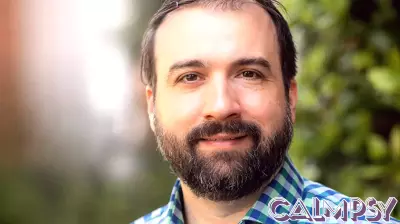Reflecting on Justice: The Impact of MK Ultra on Black Communities
May 4, 2025 - 01:01

What does justice look like when we reflect on the harms caused to Black men and their communities through unethical research funded by the CIA's infamous MK Ultra Project? The legacy of this controversial program, which aimed to explore mind control techniques, has left deep scars in the fabric of society. In Kentucky, as in other parts of the United States, the repercussions of such experiments are still felt today.
Victims of MK Ultra were often marginalized individuals, including African Americans, who were subjected to experiments without their consent. The psychological and social ramifications of these actions have contributed to a broader narrative of distrust within affected communities. As conversations around reparative justice gain momentum, there is a growing recognition of the need to address the historical injustices inflicted by such unethical research practices.
Advocates are calling for a thorough examination of the past, emphasizing the importance of acknowledgment and accountability. Only through understanding these dark chapters can we begin to forge a path toward healing and restoration for those impacted by these government-sanctioned abuses. The quest for justice continues as communities seek to reclaim their narratives and ensure that history does not repeat itself.
MORE NEWS

February 21, 2026 - 04:49
New Theory of Learning Upends the Lessons of Pavlov’s DogA groundbreaking new theory is poised to rewrite a fundamental chapter in psychology, directly challenging the legacy of Pavlov`s famous dogs. For over a century, the principle of...

February 20, 2026 - 03:37
Psychology says people who pick up litter even when no one is watching usually display these 7 traits that are becoming increasingly rareIn a world where actions are often performed for social validation, a simple, unobserved act—picking up a stray piece of litter—can speak volumes about a person`s character. Psychologists note...

February 19, 2026 - 09:31
Psychology says the reason you feel exhausted after doing nothing all day isn't laziness — it's that unresolved decisions drain more energy than physical effort ever couldIf you`ve ever collapsed on the sofa after a seemingly lazy day, bewildered by your own fatigue, psychology points to a clear culprit: your unmade decisions. The mental load of unresolved choices�...

February 18, 2026 - 23:26
Meredith Professor Elected as President-Elect of the Society of Occupational Health PsychologyDr. Leanne E. Atwater, the program director for the Master of Arts in Industrial-Organizational Psychology program at Meredith College, has been elected as the President-Elect of the Society of...